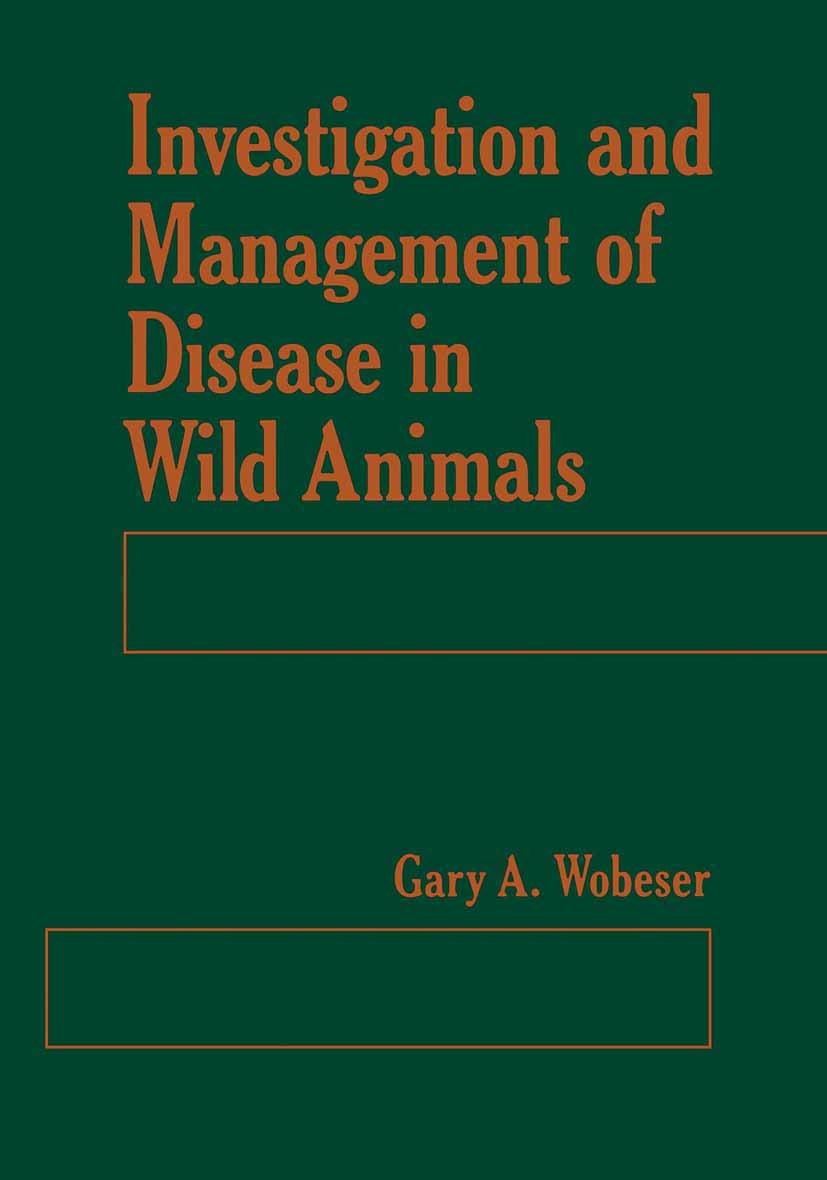| 书目名称 | Investigation and Management of Disease in Wild Animals | | 编辑 | Gary A. Wobeser | | 视频video | http://file.papertrans.cn/475/474780/474780.mp4 | | 图书封面 |  | | 描述 | - A hypothesis is a proposition, set forth as an explanation for the occurrence of a phenomenon, that can be tested. - The basis for scientific investigation is the collection of information to formulate and test hypotheses. - Experimental methods measure the effect of manipulations caused by the investigator; observational methods collect information about naturally occurring events. - There are three sub-types of experimental techniques that differ in the way subjects are chosen for inclusion in the study, in the amount of control that the investigator has over variables, and in the method used to assess changes in other variables. - Descriptive observational studies dominate the early phase of most investigations and involve the description of disease-related events in the population. Associations among factors may be observed but the strength of the associations is not measured. - Analytical observation al techniques are of three basic types: prevalence surveys, case:control studies, and incidence or cohort studies. All attempt to explain the nature of relationships among various factors and to measure the strength of associations. - Prevalence surveys and case:control studies | | 出版日期 | Book 19941st edition | | 关键词 | animals; environment; epidemiology | | 版次 | 1 | | doi | https://doi.org/10.1007/978-1-4757-5609-8 | | isbn_ebook | 978-1-4757-5609-8 | | copyright | Springer Science+Business Media New York 1994 |
The information of publication is updating

|
|
 |Archiver|手机版|小黑屋|
派博传思国际
( 京公网安备110108008328)
GMT+8, 2026-2-9 21:33
|Archiver|手机版|小黑屋|
派博传思国际
( 京公网安备110108008328)
GMT+8, 2026-2-9 21:33


